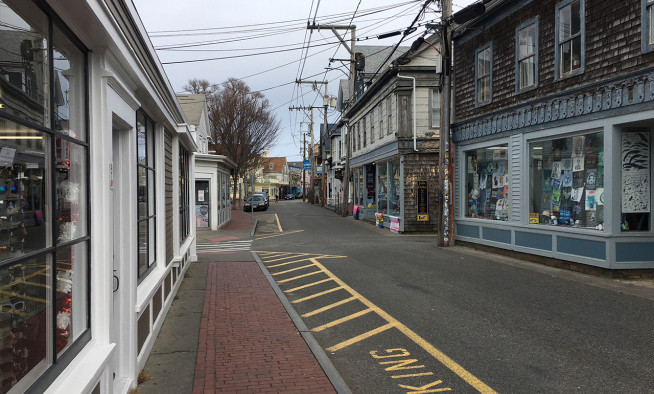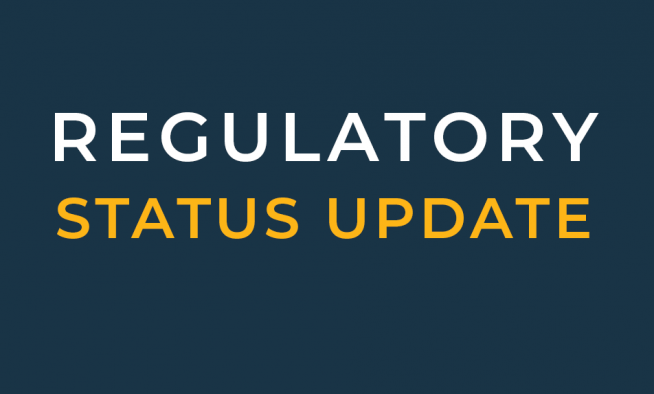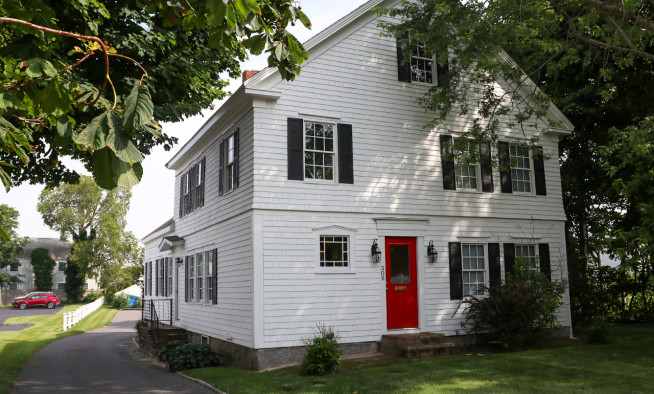Detailing data on Cape Cod’s new homeowners
Pandemic purchases drive an uptick in year-round residents
As the COVID-19 pandemic progressed in 2020, the region began to see more people moving to or staying on the Cape, especially during the shoulder and off-season.
To better understand these changes, the Cape Cod Commission engaged the UMass Donahue Institute to conduct a survey of people who purchased a home on Cape Cod between April 2020 and May 2021. The survey was designed to shed light on the motivations and demographics of recent new homeowners, as well as future plans for their new homes in the context of the pandemic and widespread work-from-home and hybrid employment policies.
Of the 6,800 home purchases made on Cape Cod during that time period, a postcard with a link to an online survey was sent to a random sample of 5,850 homeowners. Reminder postcards were sent a few weeks later, followed by a paper version of the survey. In total, 403 homeowners responded to the survey, which is a response rate of approximately 7 percent.
The responses show that the majority of new homeowners (61%) plan to live on Cape Cod year-round, are over the age of 55 (70%), and have relatively high incomes (over half reported incomes of over $150,000 per year). Most respondents purchased single-family homes (79%), and over half of all new homes purchased are located across the towns of Barnstable, Yarmouth, Falmouth, and Mashpee. The majority of survey respondents (52%) previously owned property on the Cape, and many have owned property here for many years— 46% of respondents who indicated that this is not their first Cape Cod home have owned property here for over 25 years.
Given the rise in remote work during the pandemic, the survey asked about the current and predicted employment status and location of work for the new homeowners. At the time of purchase, 69% of respondents were employed, and 67% of those employed worked for an employer based off-Cape. Many respondents were working remotely (42%), but in six months that number is expected to lower to 24%. The top fields respondents reported working in include professional and technical services, health care and social assistance, education services, finance and insurance, and information, media, or telecommunications.
About one-third (35%) of respondents said the pandemic influenced their decision to buy a home on Cape Cod. The most commonly cited ways in which the pandemic influenced their decision to buy here included the ability to work remotely, an increased desire to live near outdoor recreation opportunities and in a less dense area, and the desire to have more living space. Cape Cod’s amenities, such as access to the coast, outdoor recreational opportunities, and environmental quality, were the most important factors new homeowners considered when buying here (regardless of whether the pandemic influenced their plans or not). School quality, job and economic opportunities, and being in a good place to raise children were generally not important factors in respondents’ decisions. Now that they are living here, respondents reported using town beaches, conservation lands, and libraries most frequently; but are rarely using public transit, senior centers, town boat landings, or public golf courses.
The majority of respondents turn to on-Cape providers of legal services, banking, and insurance services, but go off-Cape for accounting and investment services. Less than 10 percent of respondents report using childcare services, and among those who did, less than half use an on-Cape vendor. When it comes to healthcare, 77% of respondents reported using emergency or acute care on-Cape, while 52% are using on-Cape primary care providers, and 42% are using on-Cape specialists.
The majority of new homeowner respondents say that they have been and/or will use their Cape Cod home as their primary residence at some point in the future (88%).
This report provides an important first glimpse at the motivations and thinking of new homeowners entering the Cape Cod housing market during an ongoing pandemic. This research is a critical first step in understanding what is driving the choices of new homeowners in the region and provides policymakers and planners with the ability to revisit these trends in the coming years as residential and work patterns stabilize.




